Apparently, Raccoons Are Getting Smarter and Might Become Our New Pets
Most of us see raccoons as troublemakers that raid bins and disappear before sunrise, so the idea of keeping one at home feels strange. Even so, their behavior in cities is shifting. They’re figuring things out, getting bold around people, and learning to navigate our world in ways they didn’t before. That slow change has people wondering if raccoons might be inching toward a future where they aren’t just visitors in our neighborhoods but possible companions.
Urban Raccoons Are Getting More Tame

Credit: Getty Images
One of the most interesting findings in recent studies is that urban raccoons are becoming much less fearful of humans. In fact, they’re getting so comfortable around people that their natural flight response is weakening. This change could be a sign that, just as the dogs and cats we love as pets are evolving to coexist with us, raccoons are also evolving to live alongside us.
Shorter Snouts Mean a Shift in Behavior
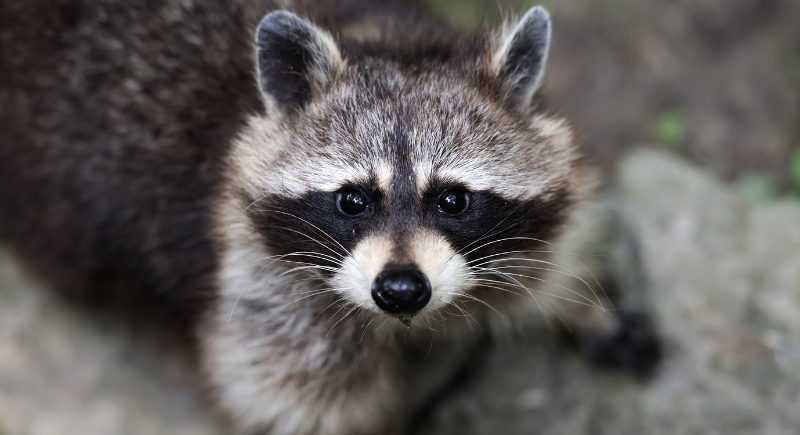
Credit: Getty Images
A noticeable physical change among urban raccoons is the reduction in snout length compared to their rural counterparts. This shift is more than just a quirky feature. It’s linked to domestication traits seen in other species, such as dogs, which also have shorter snouts than their wild ancestors. Over time, these subtle changes might make them more suitable as household pets.
Trash Is Their Gateway to Domestic Life
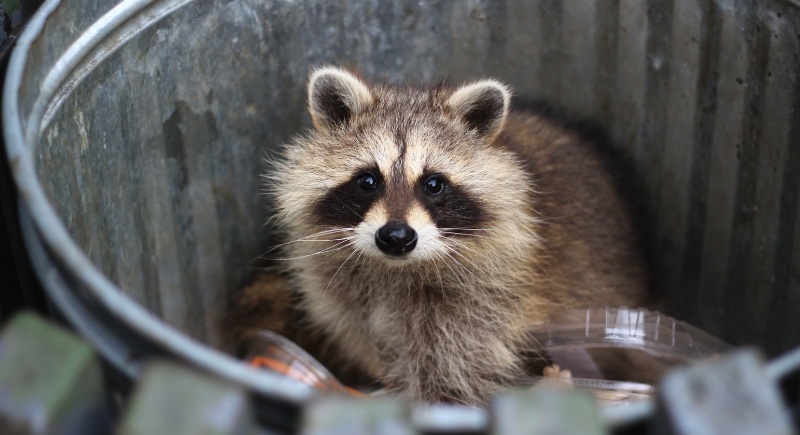
Credit: Getty Images
Urban raccoons thrive on human-made resources, especially trash. With easy access to food in city environments, these raccoons have learned to live in close proximity to humans. As they sift through our garbage, they’re also adapting to the presence of people, and this is where the domestication process begins.
Less Aggression, More Cuddles
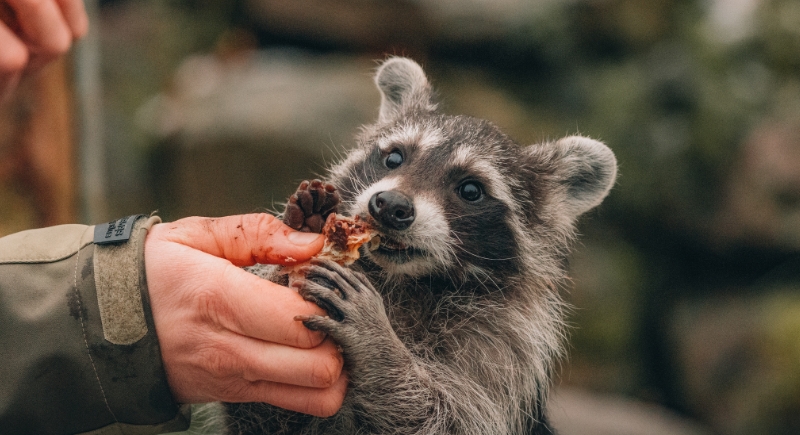
Credit: pexels
Raccoons that stay easy around people often end up doing better than the ones that react sharply, and that difference slowly shapes how they behave in shared spaces. As they grow more accustomed to having humans close by, some are already showing a noticeably softer temperament. If this pattern continues, it’s not hard to see how raccoons could move closer to the kind of friendliness we usually expect from household pets.
They’re Adapting to Our World
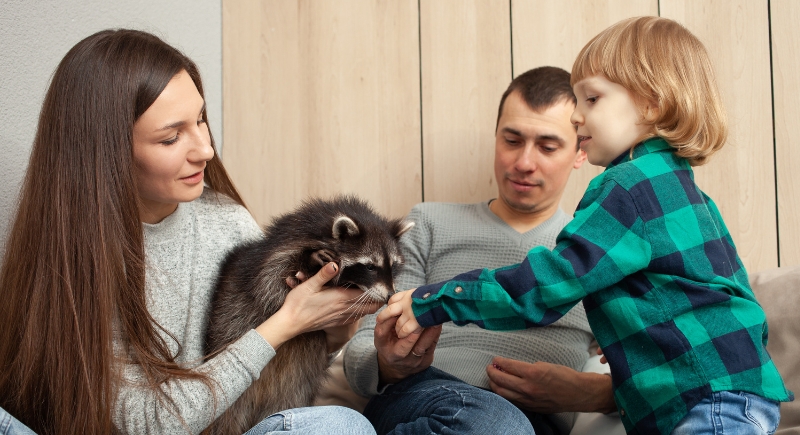
Credit: Canva
While some people may view a raccoon as a nuisance, others have begun to appreciate its intelligence and adaptability. In fact, some raccoons have been adopted as pets and even become social media stars. They’re known to be quite curious and playful, and this has led to a growing fascination with them as potential companions in homes.
The Signs of Domestication Are There
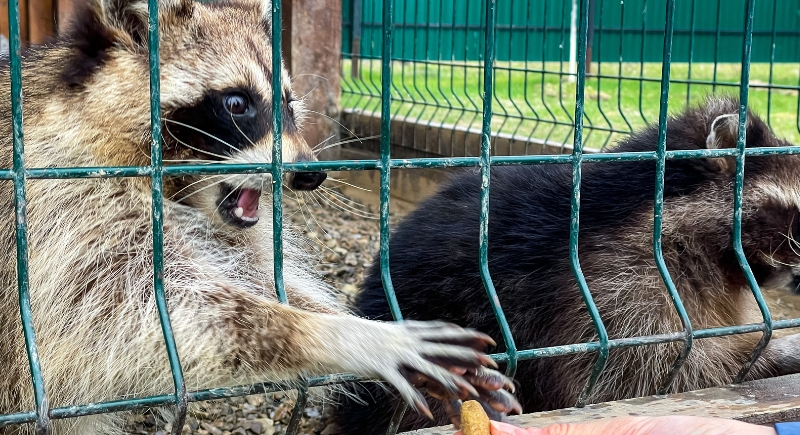
Credit: Getty Images
The same traits seen in dogs during the domestication process are now showing up in raccoons. Smaller skulls, floppy ears, and even lighter fur colors are all signs of the domestication syndrome, a phenomenon where animals evolve to be more tolerant of human environments.
Could Raccoons Be the Next Social Media Stars?

Credit: Getty Images
Plenty of raccoons have already found their way onto people’s feeds, primarily through clips that show off their odd curiosity or unexpectedly gentle moments. TikTok and Instagram are full of short videos where they steal snacks, poke around kitchens, or rest in someone’s lap. As these posts circulate, the idea of a raccoon as a pet starts to feel less far-fetched for people who enjoy animals with a bit of personality and something different from the usual choices.
Raccoons Are Smart, Really Smart
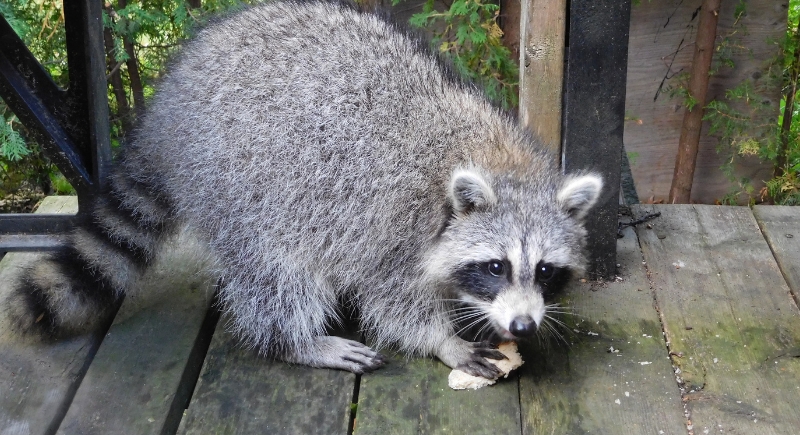
Credit: Getty Images
One reason raccoons are so successful in urban environments is their intelligence. They are notorious for solving problems and opening containers, making them very skilled at accessing food supplies. This cleverness could be one of the factors that make them appealing as potential pets. After all, people love pets that can learn new tricks and interact with them in fun ways.
The Road to Petdom Is Not Without Challenges
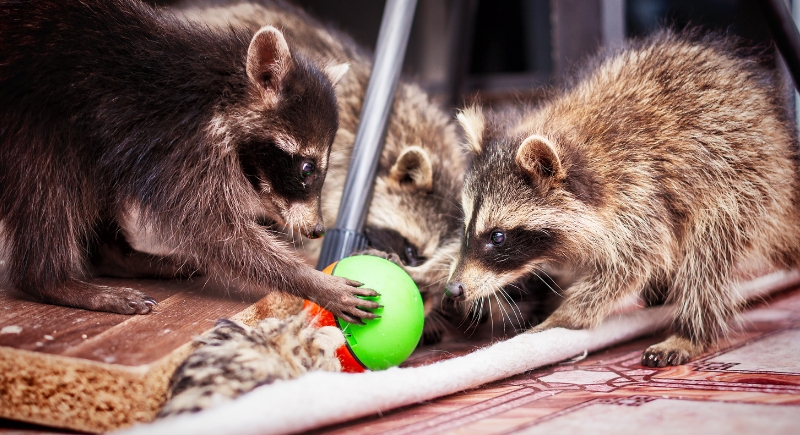
Credit: iStockphoto
Even though raccoons are becoming more adaptable, it’s important to remember that they’re still wild animals at heart. Keeping a raccoon as a pet would come with challenges, especially given its natural instincts. They’re not like dogs or cats that have been bred for domestication over thousands of years. Raccoons still need plenty of space to roam and explore, and their behavior can be unpredictable at times.
What’s Next for Raccoons?

Credit: Getty Images
The study of urban raccoons is just the beginning. Researchers are eager to see whether these trends continue and whether other urban wildlife, such as armadillos or opossums, might also show signs of domestication. It’s a fascinating development that could reshape how we view urban wildlife and, perhaps, even change what we consider an ideal pet in the future.